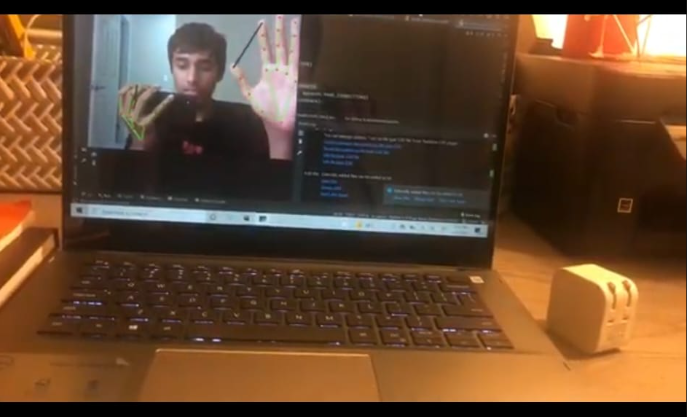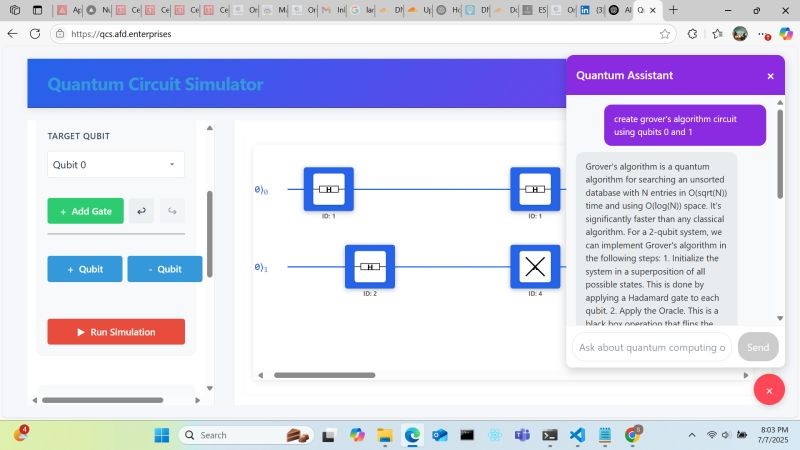Growing up in a middle-class South Asian family, first in the Bay Area and then in Dallas-Fort Worth, I always knew the path that was expected of me. Conformity. Good grades. Top college. Safe job. No surprises.
But while others focused on resume lines, I couldn’t stop building.
Even when no one understood why. Even when I couldn’t explain it myself.
Instead of chasing perfect grades, I built tools that didn’t fit the script. Like QCS, a visual AI quantum circuit simulator for students and research enthusiasts like me. Or Omniboard, a productivity platform for startup teams, powered by my own AI tools like Nova.AI, which turns brainstorms into flowcharts, and Nucleus, which keeps project execution structured and efficient using AI.
These weren’t assignments. They weren’t monetized. I wasn’t doing it for a grade. I was building because the problems were real, and I cared enough to try solving them by following my intuition and curiosity.
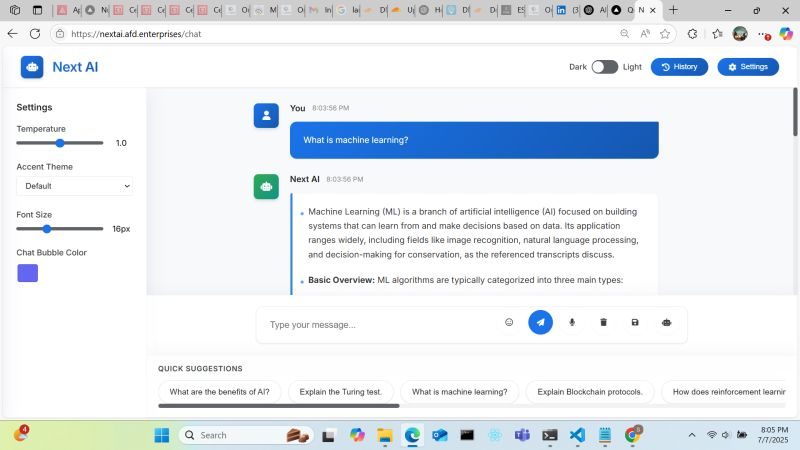
The Pressure to Conform
Moving to Dallas shifted everything. The tech community felt quieter. The pressure to follow the “safe” path got louder as I joined High School.
I heard it often. Stop wasting time. Focus on school. Fancy projects won’t help. Look at your peers, they are ahead of you.
My visa status made it worse. I couldn’t legally earn from anything I created, which made it harder to justify the time I spent building. On paper, there was no return.
People around me saw value in grades and internships. I was the outlier, teaching myself quantum physics and debugging code late at night. It felt isolating.
Why I Kept Going
I almost quit more than once. But I kept going because I learned more building than I ever did in a classroom.
It wasn’t about looking smart. It was about chasing clarity, solving real problems, and getting better every week. I wasn’t optimizing for approval. I was chasing understanding.
So I taught myself the hard stuff. Quantum theory. Machine learning. Full-stack engineering. Not because someone told me to. Because it mattered to me.
When Things Started to Click
Eventually, the work started speaking for itself.
I got into New York University, which felt like real validation. Not because of the name, but because it proved that an unconventional path has its place.
And people began using what I built:
-
QCS is now helping students explore quantum circuits through a hands-on visual interface. If you’ve ever been curious about quantum but didn’t know where to start, this tool was built for you. n
-
Omniboard, with Nova.AI and Nucleus, is being piloted by startups looking to move faster and organize smarter. Teams are using it to turn messy ideas into structured execution and stay focused from concept to delivery.
-
Nova.AI helps teams go from brainstorming to clarity in minutes. You input a rough idea, and it automatically maps it into a structured visual flowchart. It eliminates the friction of whiteboards, Google Docs, and disorganized thought dumps. Nova helps founders get their vision out of their head and onto the screen.
-
Nucleus takes that mapped-out plan and makes sure it actually gets done. It auto-generates project timelines, assigns responsibilities, tracks progress, and keeps everyone accountable. It’s not just a task tracker. It acts like a silent operator in the background, making sure no deadline gets missed and no idea gets lost.
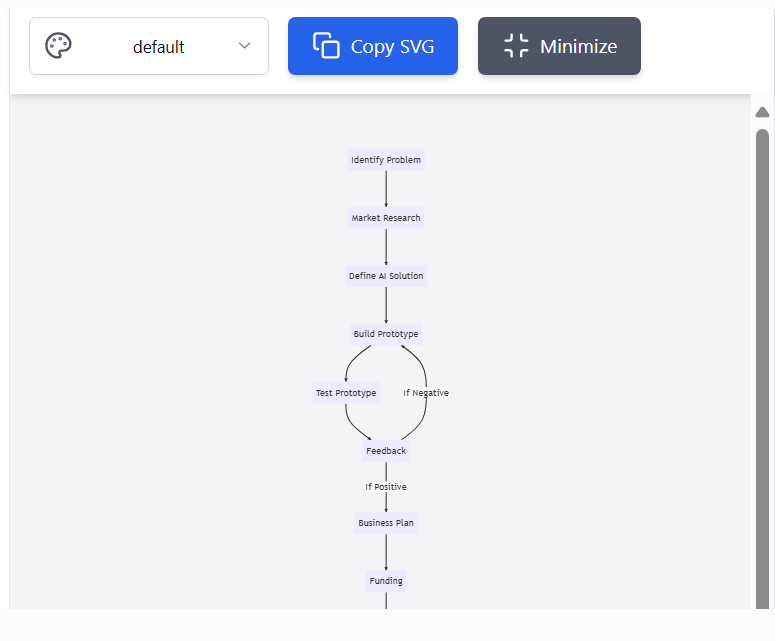
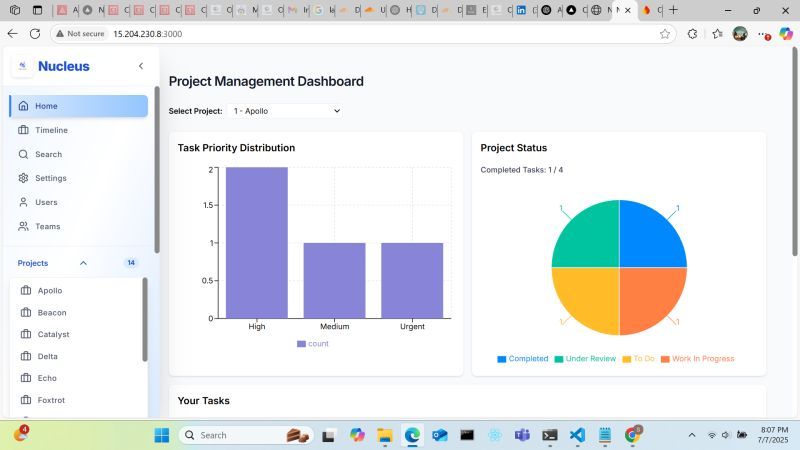
These aren’t just passion projects anymore. They’re being used in the real world.
If You Feel Like the Outsider
Keep going.
You don’t need permission. You don’t need a guarantee. You just need to care enough to keep showing up when no one else does.
My visa didn’t let me earn a cent. People around me didn’t see the point. I had no idea if any of it would work. But I kept building anyway. Sometimes, the world catches up later.
If you’re working on something that doesn’t fit the mold, something that feels misunderstood, I hope what I’ve made helps you move forward.
